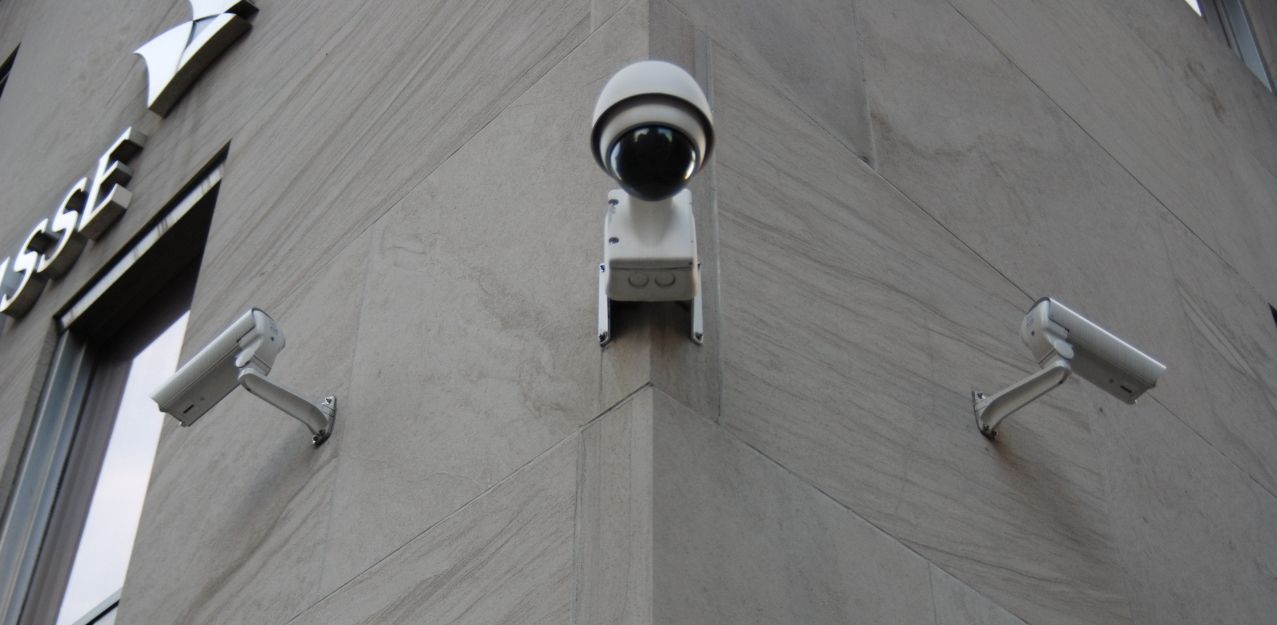Do People Really Want to Be Monitored? Swiss Vote for More Surveillance.
Switzerland is a prime example for democracy. The small country allows its people to vote on every new law directly if enough people demand such a vote. This is what happened with the revision of the NDG, the Swiss surveillance law. After the terrorist attacks in Europe, many countries have installed more surveillance powers to their authorities and Switzerland wanted to do the same.
However, civil activist groups in Switzerland feared that the law would undermine people’s right to privacy. They managed to get enough supporters so that the new version of the NDG was up for voting by the people. Now the people have voted, but not in the way the activists expected them to. What is worse, in 2025 the Swiss government wants to update an existing surveillance law without even asking Parliament, or the people.
Fear Dominates Decision Making
The majority of people was very amenable to the fear campaign that advertised the law as a solution to protect the people from terrorist threats. After the recent attacks in other European countries, many voters were very receptive to this campaign. Even though the opposition kept arguing that more surveillance will not make us any safer, 65,5% voted in favour of the surveillance law.
By passing this law, the Swiss show that even a direct democracy is not capable of protecting the people from their own authorities. As long as the ruling class stirs enough fear within the population, they are able to make the people vote according to their own advantage.
Surveillance Gives Power to Authorities
With more and more surveillance powers, it can only be hoped that authorities will not misuse this power to monitor, for instance, political activists. The Swiss actually have a history of too much surveillance, which came to be known as the “Fichenaffäre”. This scandal is also a reason why - up to now - the Swiss were generally in opposition to giving the state more power to intrude people’s privacy. In the face of growing terrorist threats, this attitude has changed.
Fight Surveillance with Encryption
Sadly we have to recognise that self-defense is our only chance to protect ourselves from online surveillance. Encryption - let it be PGP or Tutanota’s automatic encryption - is one option. However we also need to encrypt or hide meta-data - as this is what Secret Services around the world are very keen on looking at. This is why we at Tutanota work together with Qabel. Together we will put an end to mass surveillance.

